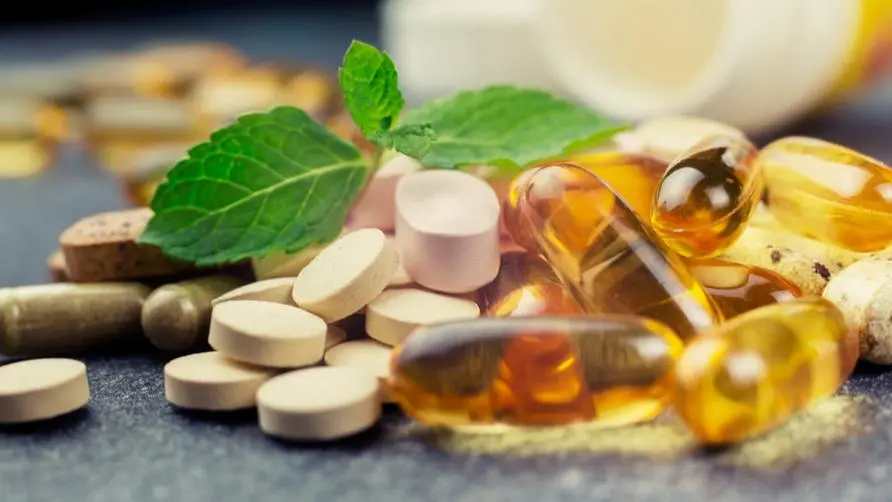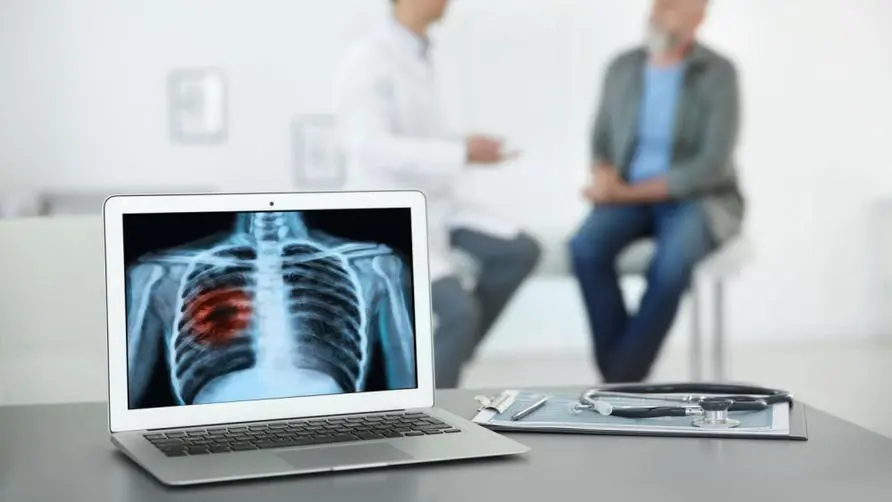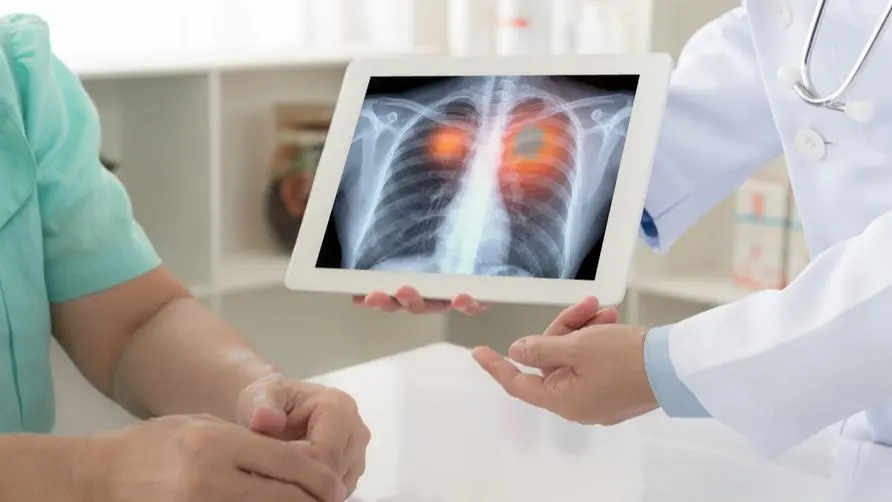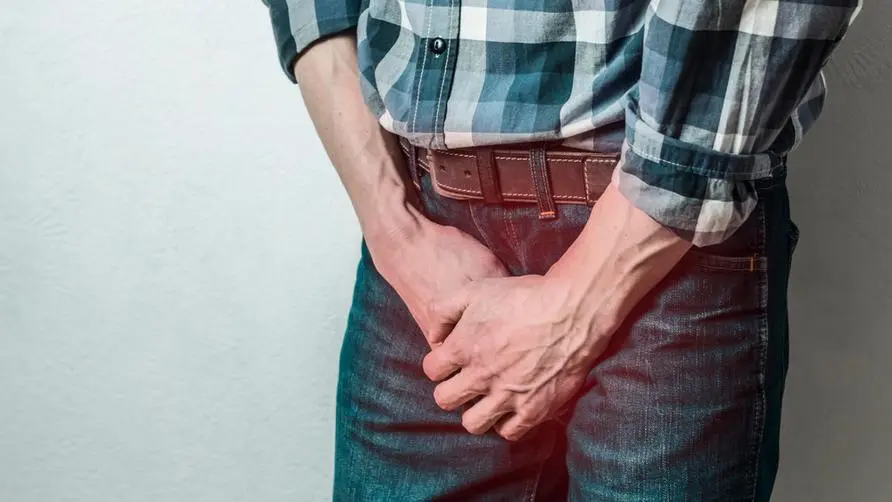Messi finally wins the World Cup! Suffering from "a rare disease" since childhood almost made him unable to become a football player
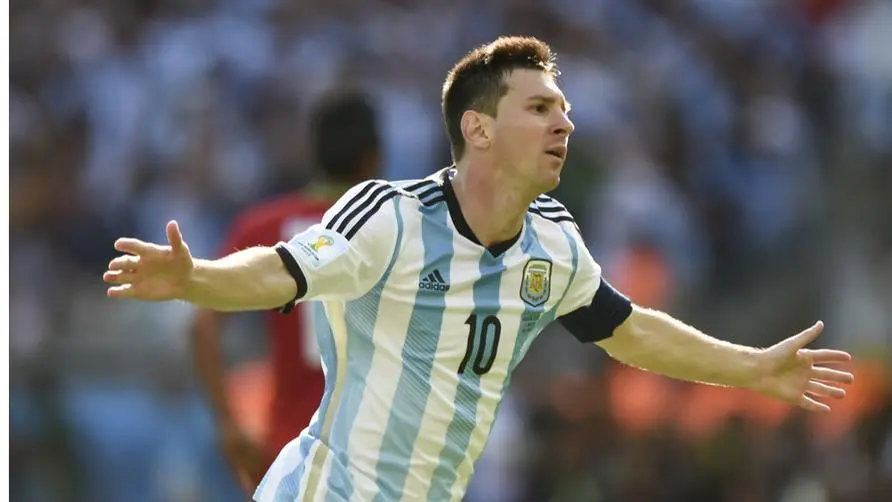
Messi leads the Argentina national team to win the title! “1Disease” actually made him almost unable to play football?
The World Cup has come to an end. Argentina’s superstar Lionel Messi led the national team to win the championship and got his wish to win the “Victoria Gold Cup”. In fact, according to the well-known American sports media “Bleacher Report”, Messi suffered from “Children’s Growth Hormone Deficiency” (GHD) when he was a child. He has faced risks such as bone fragility and poor athletic ability since he was a child, and this It undoubtedly adds a legendary touch to Messi’s career.
“Bleacher Report” pointed out that Messi has been diagnosed with growth hormone deficiency since he was a child. Symptoms include being shorter than others and stunted development. The treatment is very expensive and requires monthly injections of “human growth hormone deficiency” which costs about NT$27,000. Hormone" (HGH). Fortunately, Messi had already been appreciated by the local Argentine football team and promised to fully pay for Messi’s future treatment costs, so that the legendary career of this great star could be continued.
What are the symptoms of growth hormone deficiency? Is the patient inherently unsuitable for exercise?
What is growth hormone deficiency? What symptoms will appear after getting sick? According to guidelines published by Johns Hopkins University School of Medicine in the United States, growth hormone deficiency is also known as “dwarfism” or “pituitary dwarfism” and can be roughly divided into two categories: congenital or acquired. The probability of the former getting sick is about 1 in 4,000 to 1 in 10,000, while the latter is about 1 in 10,000. If children are born with too little growth hormone secreted by the pituitary gland, they may be at risk; while in adults, the causes of acquired diseases are related to brain damage, medical injuries caused by chemotherapy/radiation therapy, pituitary infarction, or central nervous system infection.
According to Johns Hopkins University, symptoms of growth hormone deficiency include: slow or no signs of growth, short stature (less than 3 standard deviations compared with other children of the same age and sex), insufficient or delayed pubertal sexual development, Headache. Other symptoms of pituitary hormone deficiency that may coexist with growth hormone deficiency include increased urination and urine output, excessive thirst, and in a small number of patients, facial abnormalities, usually caused by a defective pituitary gland in the brain.
In addition, the American medical media “Cleveland Clinic” also pointed out that children with growth hormone deficiency usually have problems such as insufficient bone density and excessive body fat, so they are inherently less suitable for exercise than other children. Symptoms of acquired growth hormone deficiency, which mostly occur in adults, are more difficult to detect, including anxiety and depression, lack of physical energy, increased abdominal fat, decreased muscle tone, osteoporosis caused by decreased bone density, insulin resistance, low-density lipoprotein Increased cholesterol (LDL) and triglycerides, etc.
Are there serious side effects of taking growth hormone? Taking this treatment before adulthood may increase the risk of disease
According to Johns Hopkins University School of Medicine, growth hormone deficiency is usually diagnosed with a blood test to measure the levels of growth hormone and other hormones. In addition, imaging examinations, including X-rays and head magnetic resonance scans (MRI), may help diagnose abnormalities in the hypothalamus or pituitary gland and improve them early through treatment such as growth hormone administration.
“Cleveland Clinic” stated that the treatment of growth hormone deficiency usually requires the administration of human growth hormone to achieve improvement, and may require long-term intervention, usually lasting several years. However, injections of human growth hormone may also cause rare mild or moderate side effects, including: headache, muscle and joint pain, mild hypothyroidism, swelling of hands and feet, severe curvature of the spine in patients with scoliosis, etc. Serious side effects are There are severe headaches, hip dysplasia, pancreatitis, etc.
Can growth hormone deficiency be prevented? “Cleveland Clinic” pointed out that most congenital growth hormone deficiency is caused by congenital inheritance and is difficult to prevent by improving living habits. Certain risk factors can double the risk, such as cancer treatment before reaching adult height, radiation therapy to the head, brain surgery, whole-body radiation, etc.
Is it not suitable for exercise if the disease is not treated? Doctor sighs: Messi becoming the “contemporary football king” is a miracle
However, the use of human growth hormone is prohibited in almost all sports. Messi’s long-term use of growth hormone, does it involve the use of “banned drugs”? “Bleacher Report” clarified that Messi is likely to stop using the drug when he reaches adulthood; furthermore, when the drug is considered medically necessary, players can obtain a “therapeutic use exemption” (TUE), which is also published in “International Football Federation Anti-Doping Regulations.
Diego Schwarzstein, the attending physician who treated Messi at that time, said in an exclusive interview with the British newspaper “The Times” that Messi has been receiving injections of human growth hormone since he was 12 years old. Currently, Messi’s official height is about 170 centimeters, which is the height of Argentina. The average height of a man, which represents the effectiveness of treatment. He also revealed that judging from Messi’s physical condition during his childhood, the chance of further becoming the contemporary “world champion” is extremely slim.
“For patients with congenital growth hormone deficiency, Messi’s future achievements are nothing short of miraculous. However, without the support and training of the team, we may not be able to see the birth of a superstar; therefore, how to balance medical care Resources so that children can have equal access to treatment and grow up safely is not only a medical issue in Argentina, but also a public health issue that cannot be ignored around the world,” Schwarzstein said.
Source:
Lionel Messi is 90 minutes from a World Cup win – and Maradona’s status
Lionel Messi and HGH: The Truth About the Best Footballer in the World
Further reading:

